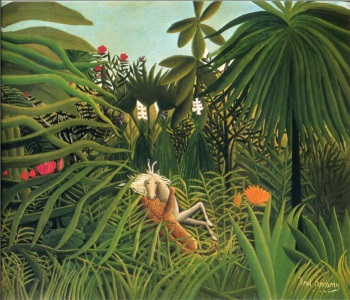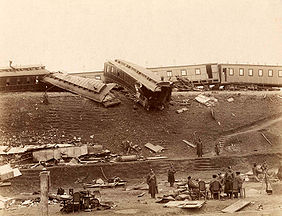Every few months, Artisans Asylum has a cruft swap. Cruft refers to the hypothetically useful things that our magpie-like tendencies cause us to accumulate. It’s different for everyone — some accumulate yarn or fabric samples. Others accumulate wholesale lots of obsolete industrial equipment. For someone with too much stuff, the cruft swap is both a blessing and an affliction; you come to give away something you finally convinced yourself to part with, but you leave with ten other somethings.
At the January cruft swap, there were old-timey snowshoes, broken laptops, and a milk crate full of rusty tools. I picked them up one after the other. I kept coming back to the axe. I put it down, thinking I would never need it. But its shape is so naturally suggestive of its function that simply picking it up seems to imbue the holder with magic lumberjack powers. Like suddenly growing fins out of your back would make you want to go for a swim. I picked it up again.
Read on →


